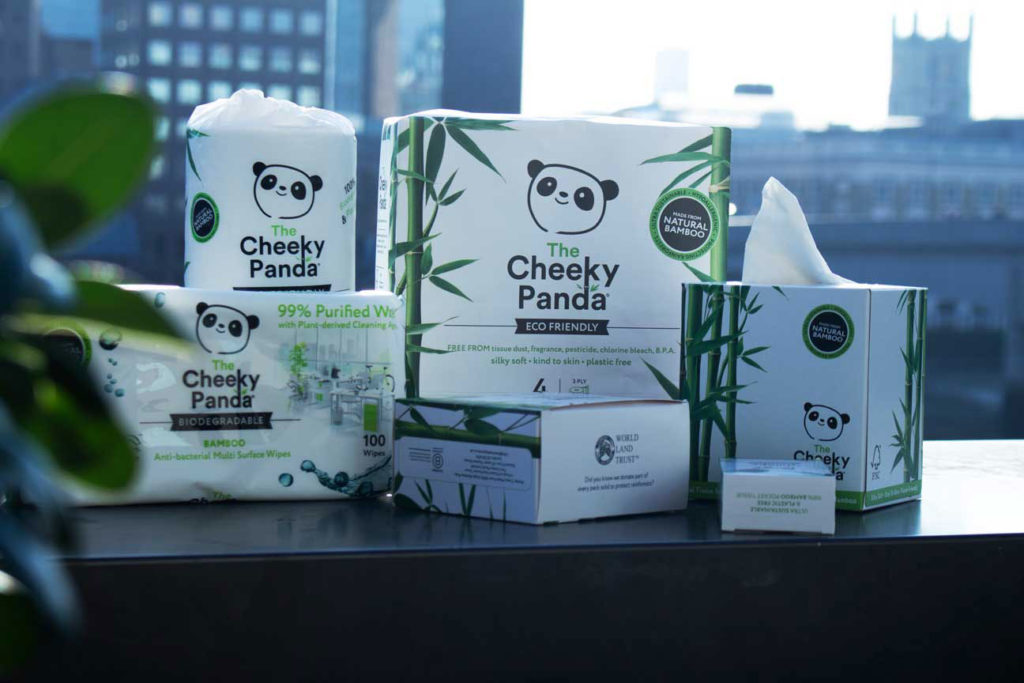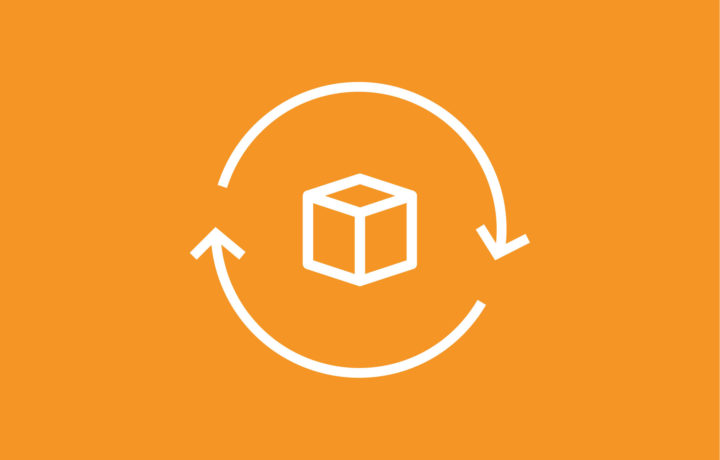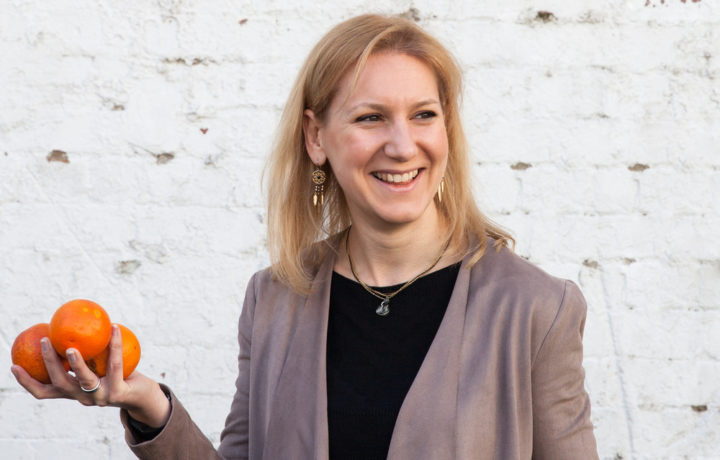Finance
How do you scale up production when consumers start stockpiling?

Loo roll manufacturer The Cheeky Panda brought forwards plans for a new ERP system and nurtured a problem-solving culture to scale up production.
The London-based toilet tissue maker started the year with big ambitions to export its sustainable toilet paper and wipes to the US.
But, once the pandemic hit Britain, it found itself very popular indeed. Monthly orders of hand wipes, for example, went from £10,000 to £100,000 – way past inventory levels.
Use tech that works at scale
ERP (enterprise resource planning) software allows you to run detailed reports on your sales pipeline, conversion ratios and inventory levels.
Before the pandemic, The Cheeky Panda team been using a combination of Xero and Excel to forecast demand. It was halfway through implementing a new ERP system when orders exploded. If the business was to keep on top of sales, getting it up and running suddenly became urgent.
“This level of management data is very important for a business like us. We have to invest a lot of money into the goods ahead of selling the goods. And with three subsidiaries we needed a more efficient system that could provide really accurate forecasting,” said Chris Forbes, The Cheeky Panda’s co-founder.
Nurture a problem-solving culture
Chris credits his team with an ability to adapt rapidly in a crisis and scale up production. All 20 Panda staff are encouraged to take responsibility for coming up with solutions.

“Our working culture is all about thinking of the options before you ask someone what to do, so that you’re providing the answer to the question,” he added.
Growing at 300 to 500 per cent a year since launch, The Cheeky Panda team has had plenty of practice dealing with rapid growth.
“In 2017 we turned over £100,000, in 2018 half a million, last year £1.7m and we were forecasting a turnover of £5-6m this year. I’m very proud that we’ve created a smart, self-starter team. Having that type of person in this type of crisis is one of the reasons why we’ve been able to manage it quite well,” he said.
When to stick or twist on your strategy?
The experience gained in riding out this crisis has given The Cheeky Panda renewed confidence in its ambitions to break the US market. The company had raised £2.4m through a successful crowdfunding campaign to help fund the expansion but, with the markets crashing and a general rattling of confidence, Chris wondered if he should hold off:
“We decided that this was a bit like Brexit – if you wait for the outcomes of political or social events to manifest themselves you’ll never get anything done. We were planning to go to America anyway and people were backing it, so we felt we should go ahead.”
And it’s full steam ahead. Warehouses have been signed up on the east and west coasts and US retailers will be stocking The Cheeky Panda products from July.
Have you made small tweaks to the way you handle your finances? How is your business emerging from lockdown? We’d love to hear about your experience. Here’s how.


